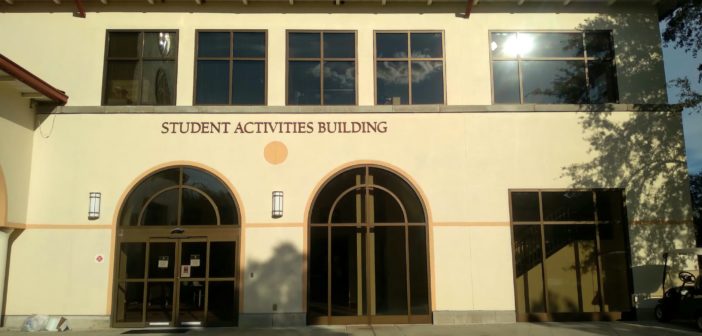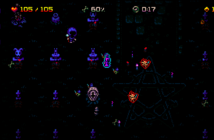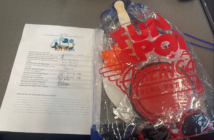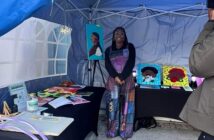By Mariana Navarrete, Arts & Culture Editor
At Saint Leo University, the Office of Accessibility Services is here to promote inclusion at the campus. It is dedicated to ensuring equal access for students through education, advocacy, and resources.
“We do this by working collaboratively with the University community to provide reasonable accommodations, to ensure all community and guests have equitable access to the programs, opportunities, and activities available at Saint Leo,” said Director of the Office of Accessibility Services, Dr. Michael Bailey.
Bailey helps to ensure that students have the reasonable accommodations they need to fully access and participate in clubs, recreation, sporting events, and all facilities.
“The faculty have been so willing to work together and hungry to learn how they can assist any students who may need accommodations to help them fully access their courses,” Bailey reflected.

The process for students to receive accessibility services can vary a bit from one student to another.
Regardless of a student’s situation, he or she must first register on the Office of Accessibility website by creating a profile on the AIM portal. The student can then submit proper documentation through this site. This could range from a recent evaluation conducted at a student’s high school to medical documents that provide the university with information about that individual’s situation.
After this, they work with the student to determine his or her challenges and needs from an accommodations standpoint. Each student’s professors then receive an e-mail outlining the student’s reasonable accommodations, which could vary from one class to another.
The nice thing is that students can select specific accommodations for each class, each term.
“Of course, we can handle this intake process based on how students want to go about it—a face-to-face meeting, by phone, by videoconferencing, via text relay, or any other method that best suits that student,” said Bailey.
The services are available for those with a visual or hearing impairment, learning or communication disability, psychological disorder, medical need, or any other condition recognized by the Americans with Disabilities Act (ADA).

Some students have had these challenges since birth, while others have acquired them through military service or in other ways. Because of this, some students received accommodations in grade school, but others may have never had accommodations or it may have been a while since they last received accommodations.
“We occasionally serve students with temporary disabilities, as well such as student-athletes who have sustained injuries and students who may have been in an accident,” Bailey explained.
Accessibility services provides the same level of services to each and every student, no matter where they are located, in any of the Education Centers or Saint Leo WorldWide programs. If there’s a way, they will find it.
“We do this by e-mailing accessible text files of textbooks to them, mailing Braille or large-print versions of materials, or problem-solving reasonable accommodations that their instructors can provide, no matter where the students are located,” said Bailey.
Some of the services they provide are JAWS screen readers, which allow users to interact with a computer by having information on the screen verbally read aloud. Sonocent software is provided, too, which is a note-taking software that records audio and then allows users to annotate and interact with this content in various ways. Livescribe is a smart pen device that can assist with note taking.
Students can receive extra time on certain exams and assignments. They can also make arrangements so students can sit in front of the classrooms or sit away from a window or air conditioning vent in certain cases.
Additionally, Accessibility Services has a testing center that students can come to where they may feel more comfortable taking tests or exams. This space seats up to 21 students and is equipped with cameras, since some students are more comfortable without an actual proctor in the room.
Assistant Director Maria Santos has been working a year and a half at the Office of Accessibility Services with Bailey.
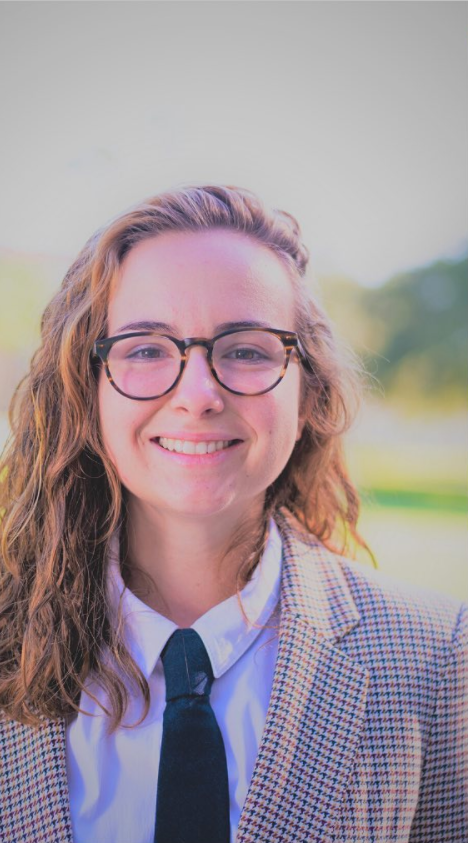
Santos appreciates how Bailey and herself are constantly incorporated into important meetings with the leadership of the university, such as strategic planning meetings.
“You can’t have inclusion without the conversation about Accessibility Services,” Santos points out.
Santos is impressed with the commitment of faculty to make accommodations in their classes. The fact that it is very easy to connect with them and that they are fully willing to collaborate and accommodate the student makes her work easier and gratifying.
“The Saint Leo faculty is understanding that a student with disabilities is an important member of the class, rather than a burden,” said Santos.
Sometimes campus activities are not fully accessible, and students with disabilities do realize when an event is intentional for accessibility and when it is not. If you do not have a disability you might not realize the little things, but disabled students do. For example, a movie night on Kirk Lawn might not be accessible for deaf or partially deaf students if there is not closed captioning.
Currently, Accessibility Services has been working closely with the Office of Residence Life, Athletics, and Greek Life to have more accessible events, recruitment, and engagement.
“Send us an email, text us, or call us! If you are doing an event and want to make sure it is accessible to everybody, we can collaborate for sure,” said Santos.
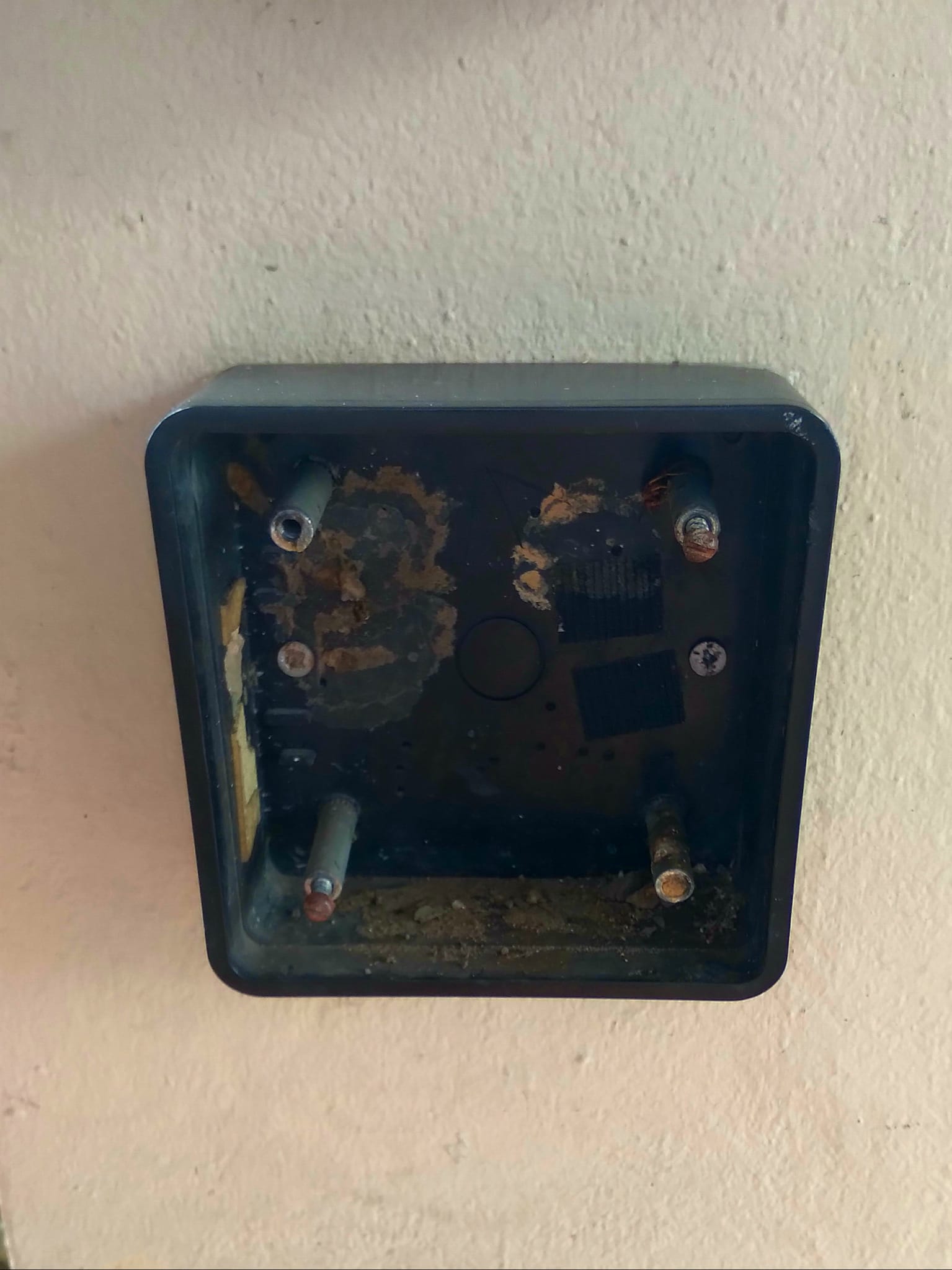
Recently, Accessibility Services partnered with Athletics to have more accessible games for visitors and students. They hired a close captioning software so that deaf and partially hearing people could come to watch the Lions play.
Another recent program is called Autism Connect Support Program. Here, students in Autism Connect receive access to peer mentorship, one-on-one accessibility supports, and various social skills workshops designed to connect students with autism spectrum disorder to the Pride. Diversity, inclusion, and accessibility are the goal. This event will take place the first Friday of every month.
“We want to dispel any creepy notions and myths students have about people in the autism spectrum,” said Santos.
Disability Awareness Week will be from Oct. 11-15. This week will be filled with events on university campus, with opportunities for WorldWide students to join. Here, students can join and learn more about disability services and resources. It will involve partnering with organizations outside Saint Leo, such as the Division of Blind Services, mental health organizations, and the Special Olympics.
“Having people with disabilities in every aspect of life is part of human diversity,” said Santos.

